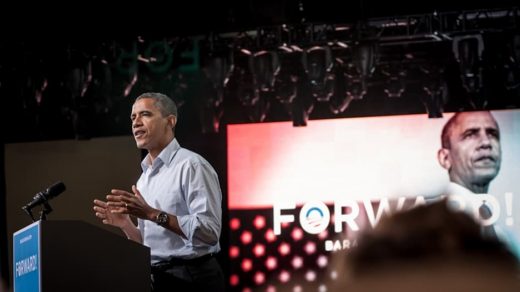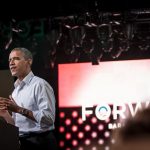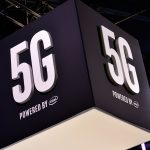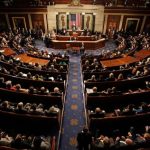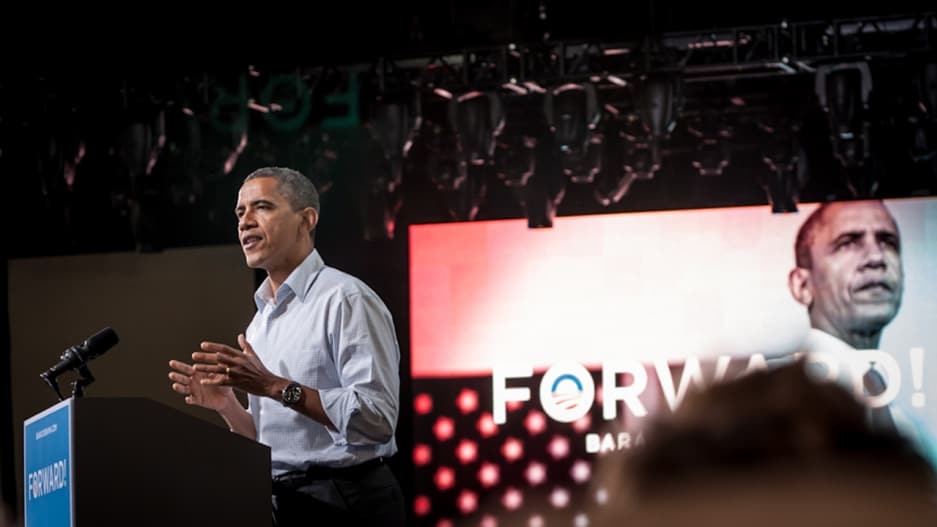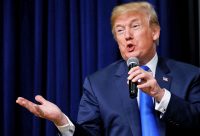Obama Campaign’s “Targeted Share” App Also Used Facebook Data From Millions Of Unknowing Users
Facebook is in hot water following this weekend’s bombshell report describing how Trump campaign data contractor Cambridge Analytica got access to personal data on more than 50 million of the social network’s users. But Cambridge Analytica and the Trump campaign were not the first to seek and use such data for political purposes, though they certainly seem to have been more sneaky about it.
In 2012 the Obama campaign was desperate to reach twentysomethings who were hard to access because they had only cell phones. So it sought to reach them on Facebook. Two GOP campaign analytics sources told me the Obama camp used a common Facebook developer API–the same one used to access the data for Cambridge Analytica–to create a Facebook app that could capture the personal data not only of the app user, but also of all that person’s friends. The tactic, which the campaign called “targeted share,” was based on research showing that social friends usually share more than cat pictures–they share political beliefs. So the campaign’s app searched out potential Obama voters within the friend lists of current supporters.
The Obama campaign’s director of integration and media analytics Carol Davidsen said on Twitter that Facebook was surprised to learn how much user data could be pulled out through its graph API. “We were actually able to download the entire social network of the U.S.,” Davidsen said during a Personal Democracy Forum speech in 2015. “Facebook in 2011 had the ability for people to opt in, and the Obama campaign rocked this,” she said. “We got people to opt in, and the privacy policies at that time on Facebook were that if they opted in, they [Facebook] could tell us who all their friends were.”
She also says in a March 18 tweet: “I worked on all of the data integration projects at OFA (Obama for America). This was the only one that felt creepy, even though we played by the rules, and didn’t do anything I felt was ugly, with the data.”
Actually, hundreds of developers like Zynga (Farmville) and Match (Tinder) used the same graph API to access friend list data. And they used the same consent request upon download, which read something like this: “This app will receive the following info: your public profile, friend list, birthday, groups, current city, photos, and personal description and your friends’s birthdays, photos, and likes.”
After users complained that apps were accessing their social data without their knowledge or permission, Facebook shut down the API’s access to friend lists in 2015.
Cambridge Analytica sold the Trump campaign on its behavioral voter micro-targeting models five months before the 2016 election (Trump advisor Steve Bannon sat on the firm’s board). The data firm said its models were built on Facebook user data, which it had bought from a third party, a Cambridge University professor named Dr. Aleksandr Kogan. In 2014, Kogan accessed the same type of user data obtained by the Obama people, using the same API. Using a Facebook app called thisismydigitallife, Kogan vacuumed up data on as many as 50 million users. When Facebook asked him about it he said he was using it for “research.”
(23)

